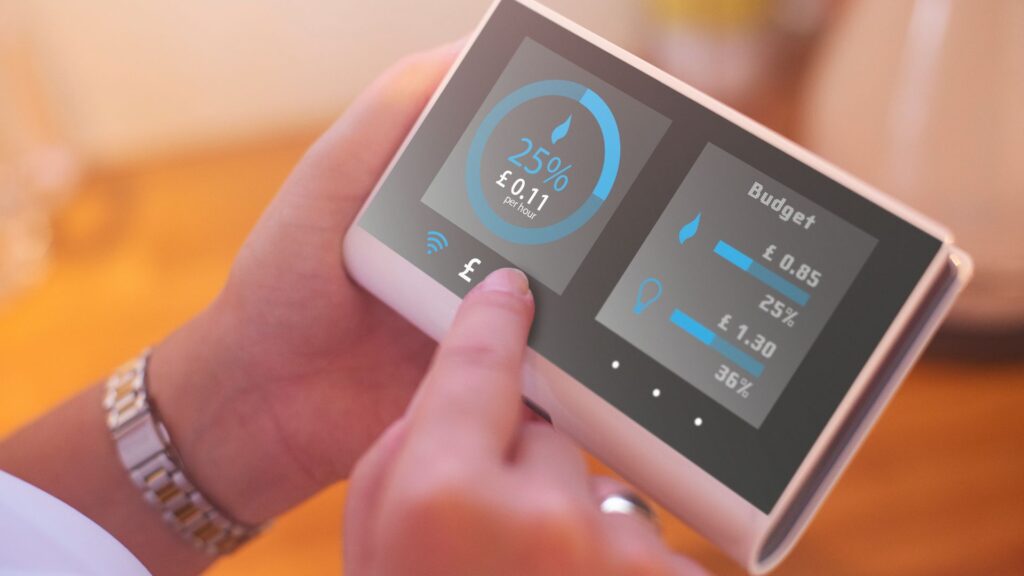In 2024, 57.62% of people who come to us for debt advice were female. In 2023 over 60% (61.60% to be exact) of those who sought debt advice from us were female. In 2022 it was still over 60% and in 2021 we saw the same patterns emerging. And it is not just us. Charities such as Step Change and the Office for National Statistics have all reported that women are more likely to seek help for debt and are more likely to worry about debt and other financial struggles. But why is this?
Talking about debt
Although we see that more females are seeking help for debt, this does not mean that more women are in debt. We must consider the fact that females might be more open about their financial struggles and therefore find it easier to reach out and seek professional help. The Mental Health Foundation has found that women are more likely to talk about their struggles and how they feel about them. They are also more likely to have a stronger support network around them, making it easier for them to open up. For men, the opposite has usually been observed and therefore males with debt could find it much more difficult to get the support they need.
The gender pay gap
Although the gender pay gap has been declining in recent years, the difference between men and women in the same/ similar jobs is still very relevant. The Office For National Statistics found that, in 2023, the gender pay gap stood at 7.7%. Many experts have noted these changes over the pandemic years, but also the difference in employment-type. Full time work has seen a more steady and constant decrease in this gap whereas part-time work continues to be more volatile with this gap slowly on the increase since 2015.
The pay gap, coupled with the cost of living crisis is bound to increase the number of women who are financially struggling and landing in debt.
Motherhood
Due to the demands of motherhood and parenting in general, it is often seen that women are more likely to have gaps in their career due to pregnancy, for example, than their male counterparts. This can derail the career progression a woman experiences and limits her chance of a larger salary.
Not only this, but according to Step Change, approximately 88% of single parents in the UK are women. This can mean a couple of things. For a start, a single-income household is more likely to struggle to make ends meet, especially if this income was low to start with. This can lead to debt issues such as falling behind on rent or mortgages, utility bills or council tax arrears.
Secondly, single mothers may be more likely to accept a lower paying, part-time job to allow for more flexibility when it comes to parenting, such as the school run, or attending clubs. As we have already seen, the gender pay gap for part-time workers is much higher than those in full-time employment. The cost of childcare is also increasing and therefore for children under 5 years old, single mothers may require a part time job to keep the cost of child care at its lowest. The newer childcare system will see 2-year-olds receive 15 funded hours from the 1st April 2024 which will encourage more women back into the workplace.
If you have found yourself in this situation, there are a number of benefits available to you for single parents, childcare and other costs. To find out what you could be entitled to, why not use our Benefits Calculator? It can tell you exactly what you could be entitled to and how much.
Financial abuse
According to the charity Womens Aid, although both men and women can experience domestic abuse, it is thought that women are more likely to experience it than men. A part of domestic abuse is financial abuse.
Financial abuse can be defined as “a perpetrator using or misusing money which limits and controls their partner’s current and future actions and their freedom of choice” (Sharp, 2008 via womensaid.org.uk). 1 in 5 women in the UK has experienced economic abuse by a partner (Surviving Economic Abuse).
With a lack of control over their finances, women will struggle to keep a regular income. Many survivors of this kind of abuse also face thousands of pounds of debt racked up by their partner, who has put the debt in their name.
If you or someone you know is struggling with domestic or financial abuse, please use the links below to find out more information and get help.
Free debt advice
With so many aspects affecting the relationship between women and debt, we think it is important to ensure that free debt advice is easily accessible to all. Our online debt advice tool takes minutes to fill out and can suggest the best debt solution for you. 100% confidential and with no-obligation to sign up, you can access the debt advice tool online today. For further information about debt and the support available, chat with our experienced debt advisors.


